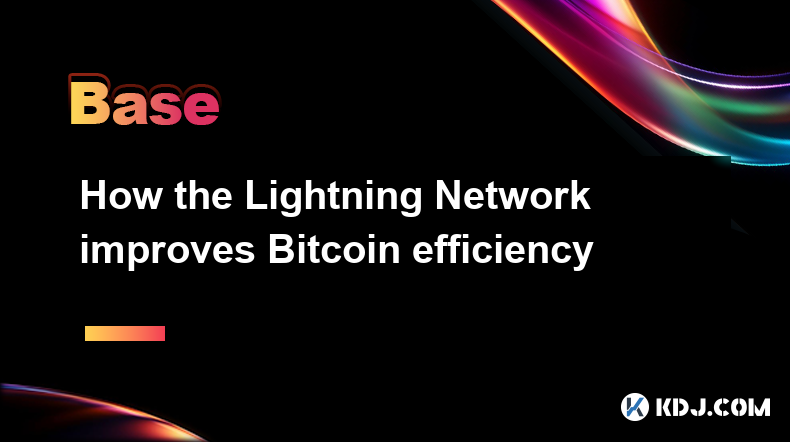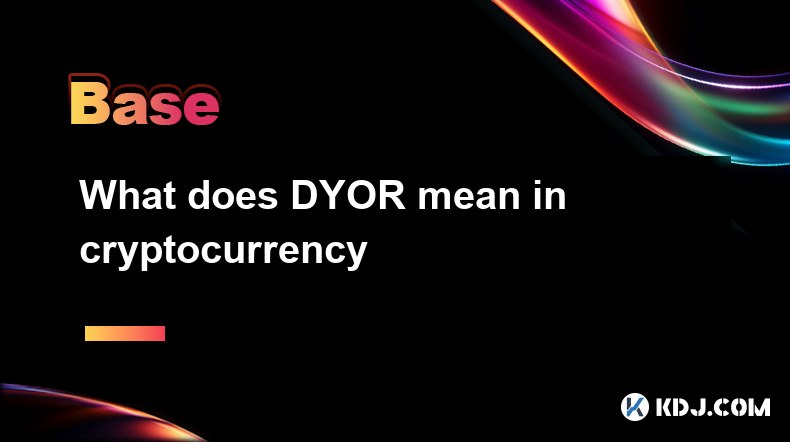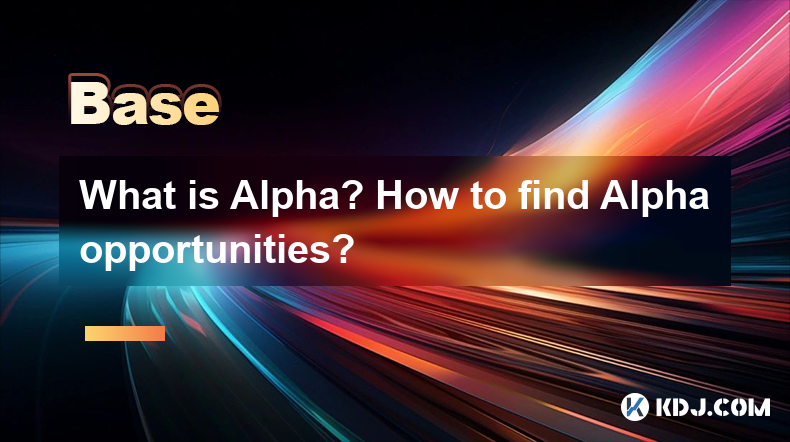-
 Bitcoin
Bitcoin $84,258.9872
0.35% -
 Ethereum
Ethereum $1,590.5943
1.14% -
 Tether USDt
Tether USDt $0.9998
-0.02% -
 XRP
XRP $2.0990
1.26% -
 BNB
BNB $587.2456
1.30% -
 Solana
Solana $132.5296
6.11% -
 USDC
USDC $0.9999
0.00% -
 TRON
TRON $0.2483
-2.37% -
 Dogecoin
Dogecoin $0.1557
1.96% -
 Cardano
Cardano $0.6199
2.68% -
 UNUS SED LEO
UNUS SED LEO $9.1185
-2.93% -
 Chainlink
Chainlink $12.4572
2.80% -
 Avalanche
Avalanche $19.2046
1.97% -
 Toncoin
Toncoin $2.9568
3.52% -
 Stellar
Stellar $0.2397
2.14% -
 Shiba Inu
Shiba Inu $0.0...01181
1.81% -
 Sui
Sui $2.0961
0.90% -
 Hedera
Hedera $0.1602
2.15% -
 Bitcoin Cash
Bitcoin Cash $330.4313
4.06% -
 Polkadot
Polkadot $3.6278
3.32% -
 Litecoin
Litecoin $74.9638
1.65% -
 Hyperliquid
Hyperliquid $16.4916
8.27% -
 Dai
Dai $0.9999
-0.01% -
 Bitget Token
Bitget Token $4.3499
0.87% -
 Ethena USDe
Ethena USDe $0.9990
-0.03% -
 Pi
Pi $0.6068
-1.04% -
 Monero
Monero $216.4766
0.12% -
 Uniswap
Uniswap $5.1795
0.94% -
 Pepe
Pepe $0.0...07203
1.55% -
 OKB
OKB $50.4898
-2.39%
What is a Ring Signature?
Ring signatures enhance privacy in cryptocurrencies like Monero by obscuring transaction origins, but they increase transaction size and complexity.
Apr 07, 2025 at 06:43 pm

A ring signature is a type of digital signature that can be used to provide anonymity and privacy in cryptocurrency transactions. It is a cryptographic technique that allows a group of users to sign a message in such a way that it is impossible to determine which member of the group actually produced the signature. This concept is particularly important in the realm of cryptocurrencies, where privacy and security are paramount.
How Does a Ring Signature Work?
Ring signatures work by combining the public keys of multiple users into a single signature. When a user wants to sign a transaction, they use their private key along with the public keys of other users to create the signature. The resulting signature can be verified using the public keys of all the users involved, but it does not reveal which specific user's private key was used to create it.
To understand this better, consider the following steps involved in creating a ring signature:
- Select a group of users: The user who wants to sign the transaction selects a group of other users whose public keys will be used in the signature.
- Combine public keys: The user combines their own public key with the public keys of the selected group.
- Sign the transaction: Using their private key, the user signs the transaction along with the combined public keys.
- Verify the signature: Anyone can verify the signature using the public keys of all the users involved, but they cannot determine which user's private key was used.
Applications of Ring Signatures in Cryptocurrencies
Ring signatures have found significant applications in cryptocurrencies, particularly in those that prioritize privacy and anonymity. One of the most notable examples is Monero (XMR), which uses ring signatures to obscure the origins of transactions.
In Monero, when a user sends a transaction, the system automatically selects a group of other users' public keys to include in the ring signature. This makes it extremely difficult for an outside observer to trace the transaction back to its source. This feature is crucial for users who value their financial privacy and want to protect their identities.
Advantages of Using Ring Signatures
The use of ring signatures in cryptocurrencies offers several advantages:
- Enhanced privacy: By making it impossible to trace transactions back to their source, ring signatures provide a high level of privacy for users.
- Security: The cryptographic nature of ring signatures ensures that the integrity of the transaction is maintained, making it difficult for malicious actors to tamper with the transaction data.
- Decentralization: Since ring signatures can be created and verified by any user, they contribute to the decentralized nature of cryptocurrencies.
Limitations and Challenges
While ring signatures offer significant benefits, they also come with certain limitations and challenges:
- Increased transaction size: Because ring signatures involve multiple public keys, they can increase the size of transactions, leading to higher data storage and transmission requirements.
- Complexity: The process of creating and verifying ring signatures can be more complex than traditional digital signatures, which may pose a challenge for some users.
- Potential for misuse: While ring signatures enhance privacy, they can also be used for illicit activities, as they make it difficult to trace transactions.
Implementation of Ring Signatures in Monero
Monero is one of the most well-known cryptocurrencies that utilizes ring signatures. Here's a detailed look at how Monero implements this technology:
- RingCT (Ring Confidential Transactions): Monero uses RingCT to enhance the privacy of transactions. RingCT combines ring signatures with confidential transactions, which hide the amount of the transaction.
- Dynamic ring size: Monero allows users to choose the size of the ring, which determines the number of public keys included in the signature. A larger ring size increases privacy but also increases the size of the transaction.
- Mandatory mixing: In Monero, every transaction is automatically mixed with other transactions, making it even harder to trace the origin of funds.
To create a transaction in Monero using ring signatures, follow these steps:
- Open your Monero wallet: Launch your Monero wallet software.
- Enter the recipient's address: Input the address of the person you want to send Monero to.
- Specify the amount: Enter the amount of Monero you wish to send.
- Set the ring size: Choose the size of the ring you want to use for the transaction. A larger ring size provides more privacy.
- Confirm and send: Review the transaction details and confirm the transaction. The wallet will automatically select other public keys to include in the ring signature and send the transaction.
Other Cryptocurrencies Using Ring Signatures
Apart from Monero, other cryptocurrencies have also adopted ring signatures to enhance privacy:
- Bytecoin (BCN): Bytecoin was one of the first cryptocurrencies to implement ring signatures. It uses them to provide untraceable transactions.
- Aeon (AEON): Aeon is a fork of Monero and also uses ring signatures to ensure the privacy of its users.
Technical Details of Ring Signatures
Ring signatures are based on complex cryptographic algorithms. Here's a brief overview of the technical aspects:
- Key generation: Each user generates a pair of keys: a private key and a public key. The private key is used to sign transactions, while the public key is used to verify the signature.
- Signature creation: To create a ring signature, the user combines their private key with the public keys of other users. The signature is created using a cryptographic algorithm that ensures the signature can be verified but not traced back to the signer.
- Verification: The verification process involves checking the signature against the public keys of all the users involved. If the signature is valid, it confirms that one of the users in the ring signed the transaction, but it does not reveal which one.
Frequently Asked Questions
Q: Can ring signatures be used in any cryptocurrency?
A: While ring signatures can theoretically be implemented in any cryptocurrency, they are most commonly used in privacy-focused cryptocurrencies like Monero and Bytecoin. The implementation requires specific cryptographic protocols and may not be suitable for all types of cryptocurrencies.
Q: How do ring signatures affect the speed of transactions?
A: Ring signatures can increase the time it takes to process and verify transactions due to the additional complexity and data involved. However, the impact on speed is generally minimal and is a trade-off for the enhanced privacy they provide.
Q: Are there any alternatives to ring signatures for enhancing privacy in cryptocurrencies?
A: Yes, there are other methods to enhance privacy in cryptocurrencies, such as zero-knowledge proofs and CoinJoin. Zero-knowledge proofs allow one party to prove to another that a statement is true without revealing any information beyond the validity of the statement. CoinJoin mixes multiple transactions together to obscure the trail of funds.
Q: How can I verify a ring signature?
A: To verify a ring signature, you need the public keys of all the users involved in the ring. You can use a cryptographic algorithm to check the signature against these public keys. If the signature is valid, it confirms that one of the users in the ring signed the transaction, but it does not reveal which one. Most cryptocurrency wallets that support ring signatures will handle this verification process automatically.
Disclaimer:info@kdj.com
The information provided is not trading advice. kdj.com does not assume any responsibility for any investments made based on the information provided in this article. Cryptocurrencies are highly volatile and it is highly recommended that you invest with caution after thorough research!
If you believe that the content used on this website infringes your copyright, please contact us immediately (info@kdj.com) and we will delete it promptly.
- Kaspa (KAS) Price Prediction Hints at Accumulation Before Potential Surge
- 2025-04-17 22:15:13
- FET Price Prediction: Artificial Superintelligence Alliance (FET) Cryptocurrency Rebounds 10%
- 2025-04-17 22:15:13
- U.S. President Donald Trump Slammed Fed Chair Jerome Powell
- 2025-04-17 22:15:12
- Running a laundromat can't be as "easy" as potential investors may believe it is
- 2025-04-17 22:15:12
- BlockDAG (BDAG) Presale Explosion and Mobile Mining Powerhouse
- 2025-04-17 22:05:12
- Solana (SOL) Price Prediction: Eyes on $180 as Structure Turns Bullish
- 2025-04-17 22:05:12
Related knowledge

How the Lightning Network improves Bitcoin efficiency
Apr 17,2025 at 08:56pm
The Lightning Network represents a significant advancement in the Bitcoin ecosystem, aiming to address some of the most pressing issues related to transaction speed and cost. By enabling off-chain transactions, the Lightning Network drastically improves Bitcoin's efficiency, allowing for faster and cheaper transactions. This article will explore how the...

Analysis of the KYC process of cryptocurrency exchanges
Apr 17,2025 at 05:07pm
The Know Your Customer (KYC) process is a critical component in the operations of cryptocurrency exchanges. It serves as a regulatory measure to prevent fraud, money laundering, and other illicit activities. KYC procedures are designed to verify the identity of users and ensure compliance with financial regulations. This article delves into the various ...

What does Floor Price mean in the NFT market
Apr 17,2025 at 12:42am
The term Floor Price is a critical concept within the NFT (Non-Fungible Token) market, serving as a key indicator for both buyers and sellers. In essence, the floor price represents the lowest price at which an NFT from a particular collection is currently listed for sale on a marketplace. This price point is crucial for understanding the perceived valu...

How to understand the TVL indicator in DeFi projects
Apr 17,2025 at 03:28pm
Understanding the TVL indicator in DeFi projects is crucial for investors and enthusiasts looking to gauge the health and popularity of decentralized finance platforms. TVL, or Total Value Locked, represents the total amount of assets that are currently staked or locked in a DeFi protocol. This metric serves as a barometer for the trust and interest tha...

What does DYOR mean in cryptocurrency
Apr 17,2025 at 03:00pm
DYOR, or 'Do Your Own Research,' is a crucial mantra in the cryptocurrency community. It emphasizes the importance of individuals conducting their own thorough investigations before making any investment decisions. In the fast-paced and often volatile world of cryptocurrencies, relying solely on others' advice or the hype surrounding a particular coin c...

What is Alpha? How to find Alpha opportunities?
Apr 16,2025 at 12:42pm
What is Alpha?Alpha is a term widely used in the financial world, including the cryptocurrency market, to describe the ability of an investment to outperform a benchmark. In the context of cryptocurrencies, alpha refers to the excess return an investor achieves over the market's average return. For example, if the overall crypto market grows by 10% in a...

How the Lightning Network improves Bitcoin efficiency
Apr 17,2025 at 08:56pm
The Lightning Network represents a significant advancement in the Bitcoin ecosystem, aiming to address some of the most pressing issues related to transaction speed and cost. By enabling off-chain transactions, the Lightning Network drastically improves Bitcoin's efficiency, allowing for faster and cheaper transactions. This article will explore how the...

Analysis of the KYC process of cryptocurrency exchanges
Apr 17,2025 at 05:07pm
The Know Your Customer (KYC) process is a critical component in the operations of cryptocurrency exchanges. It serves as a regulatory measure to prevent fraud, money laundering, and other illicit activities. KYC procedures are designed to verify the identity of users and ensure compliance with financial regulations. This article delves into the various ...

What does Floor Price mean in the NFT market
Apr 17,2025 at 12:42am
The term Floor Price is a critical concept within the NFT (Non-Fungible Token) market, serving as a key indicator for both buyers and sellers. In essence, the floor price represents the lowest price at which an NFT from a particular collection is currently listed for sale on a marketplace. This price point is crucial for understanding the perceived valu...

How to understand the TVL indicator in DeFi projects
Apr 17,2025 at 03:28pm
Understanding the TVL indicator in DeFi projects is crucial for investors and enthusiasts looking to gauge the health and popularity of decentralized finance platforms. TVL, or Total Value Locked, represents the total amount of assets that are currently staked or locked in a DeFi protocol. This metric serves as a barometer for the trust and interest tha...

What does DYOR mean in cryptocurrency
Apr 17,2025 at 03:00pm
DYOR, or 'Do Your Own Research,' is a crucial mantra in the cryptocurrency community. It emphasizes the importance of individuals conducting their own thorough investigations before making any investment decisions. In the fast-paced and often volatile world of cryptocurrencies, relying solely on others' advice or the hype surrounding a particular coin c...

What is Alpha? How to find Alpha opportunities?
Apr 16,2025 at 12:42pm
What is Alpha?Alpha is a term widely used in the financial world, including the cryptocurrency market, to describe the ability of an investment to outperform a benchmark. In the context of cryptocurrencies, alpha refers to the excess return an investor achieves over the market's average return. For example, if the overall crypto market grows by 10% in a...
See all articles























































































